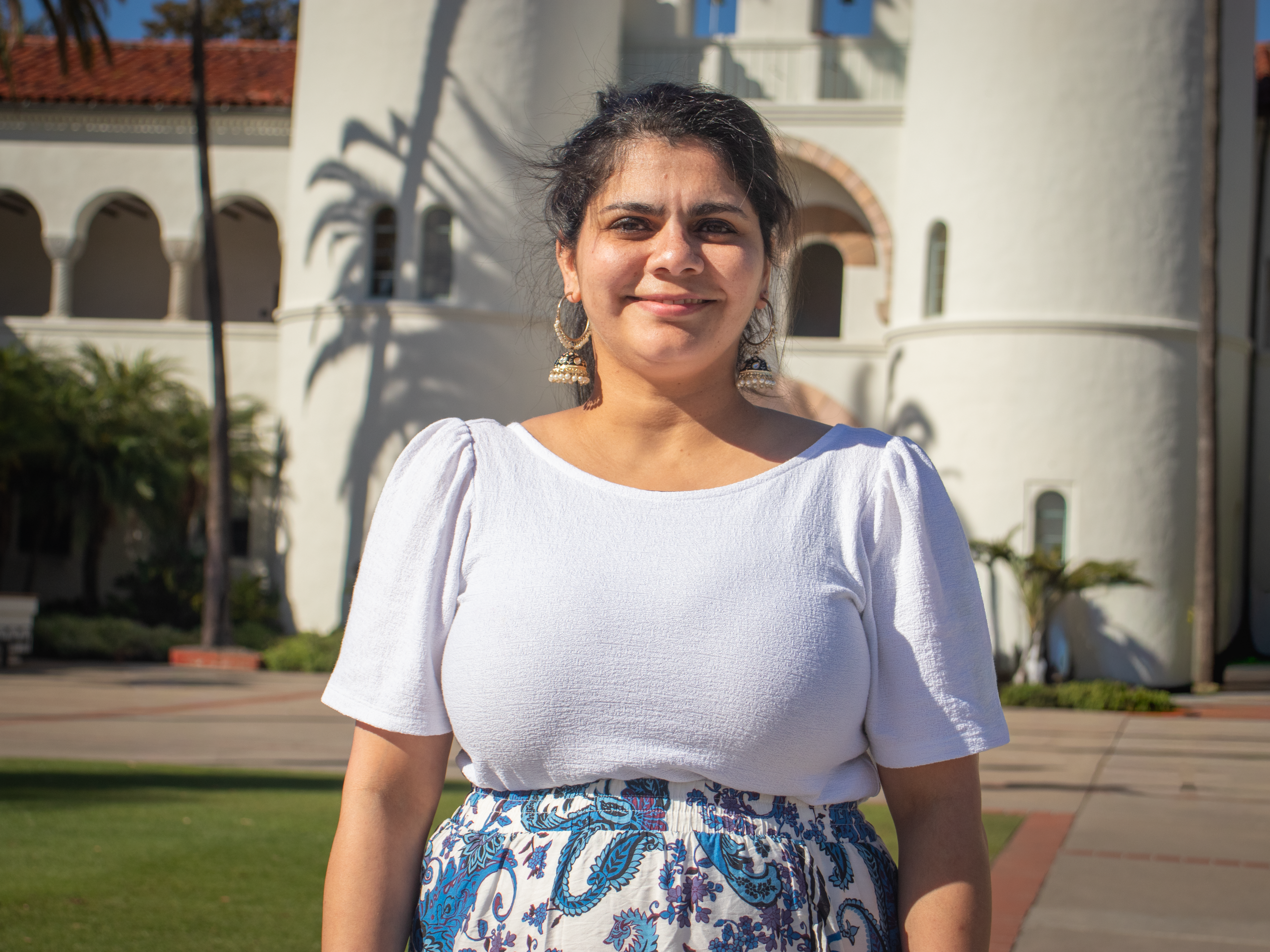Devanshi Unadkat

You are here
Governing Board Member At-Large Candidate
I grew up in Mumbai (India) hearing stories of my grandfather studying under streetlights at night and working as a laborer during the day. My grandmother too didn’t have opportunities for a formal education. I always wondered how my grandparents who were considered “uneducated” embodied values of equality, respect, celebration of differences, and an openness to new ideas– a stark contrast to what most people in their generation, including the “educated elite” demonstrated. Thus, early on, I became interested in exploring how access to formal education was just as much a tool for reproducing inequality as it was a space for passing along values of equity, justice, and genuine respect for difference.
Having been introduced to anti-bias education (ABE) by Debbie LeeKeenan, then director of my first (PreK-2) teaching role, I have come to view ABE efforts as ongoing, active reflections and subsequent actions in response to considerations of who feels a sense of being accepted and connected within an institution. I believe that ABE, in conjunction with developmentally appropriate practices (DAP) should (1) be a collective part of the day-to-day and broader vision and mission of any early childhood setting, and (2) engage faculty, staff, families, and students in the community to (a) continually consider the multiple social categories that constitute identities and their connection to power within the larger societal context, and (b) critically analyze and subvert structures of power to disrupt the status quo. Such practices enable reflection on mismatches that exist between and within the institution and the larger community served in terms of various social, and often marginalizing constructs.
The tenets of ABE have been an integral part of my practice to create classrooms focused on cultural relevance, decolonial pedagogies, and humanizing education as well as in a part of my research in order to better support teaching and learning practices across contexts. I have engaged in efforts across institutions I have been a part of to support students and faculty disproportionately impacted by school and personal life circumstances. I have served on committees across institutions to ensure the needs of marginalized members of the community are heard and met and regularly engaged in work to learn and unlearn from others. I have also served as a panelist at conferences and workshops on inclusive education and worked with community organizations (such as First 5) to identify and address issues that face young children and families.
I have had to navigate spaces where I hold power and am simultaneously seen as an other. This delicate balance has taught me how to engage in dialogues through cultural humility and asserting boundaries when needed. I now see my grandparents’ reflexive understanding of self and others as paramount to creating spaces where powerful learning and social transformation can begin to take place.
Towards this end, I believe my experience in (1) leadership roles—whether in administrative capacity (e.g., as faculty association secretary, serving on boards, etc.) or in informal capacities (such as co-facilitating parent-teacher learning groups); (2) teaching positions that have ranged from PreK through higher education; and (3) my personal experiences growing up and now being an immigrant, have allowed me to develop the skills, dispositions, and knowledge that I believe align well with NAEYC’s current Strategic Direction. For example, my work on the First 5 commission allowed me to engage in a project to identify the state of early childhood workforce in Sonoma County and use this data to inform how supports and grants were distributed to childcare providers to meet the needs of the community and the early childhood workforce. In this vein, I have also had the opportunity to work with multiple stakeholders (such as policymakers, non-profits, community members, etc.) to engage in understanding issues at various levels to ensure that different voices are heard and needs are met. Through my teaching at various institutions of higher education, I have also had opportunities to work with aspiring and current early childhood educators that are at different points in their journey and developed skills to support them in becoming adept at implementing ABE and forms of inclusive and culturally and developmentally appropriate practices (CDAP) while upholding NAEYC’s Professional Standards of practice. These opportunities have also allowed me to develop curricula for programs that provide critical coursework to create a (diverse) workforce equipped to meet the needs of the minoritized students they work with.
I recognize that inequities are rooted in systemic barriers that need to be transformed; NAEYC’s current Strategic Direction and commitment to the right of all children to equitable learning opportunity makes me optimistic and excited to be a part of shaping the future of the field, particularly by focusing on dismantling underlying structures of inequity and building new futures for all children to thrive.